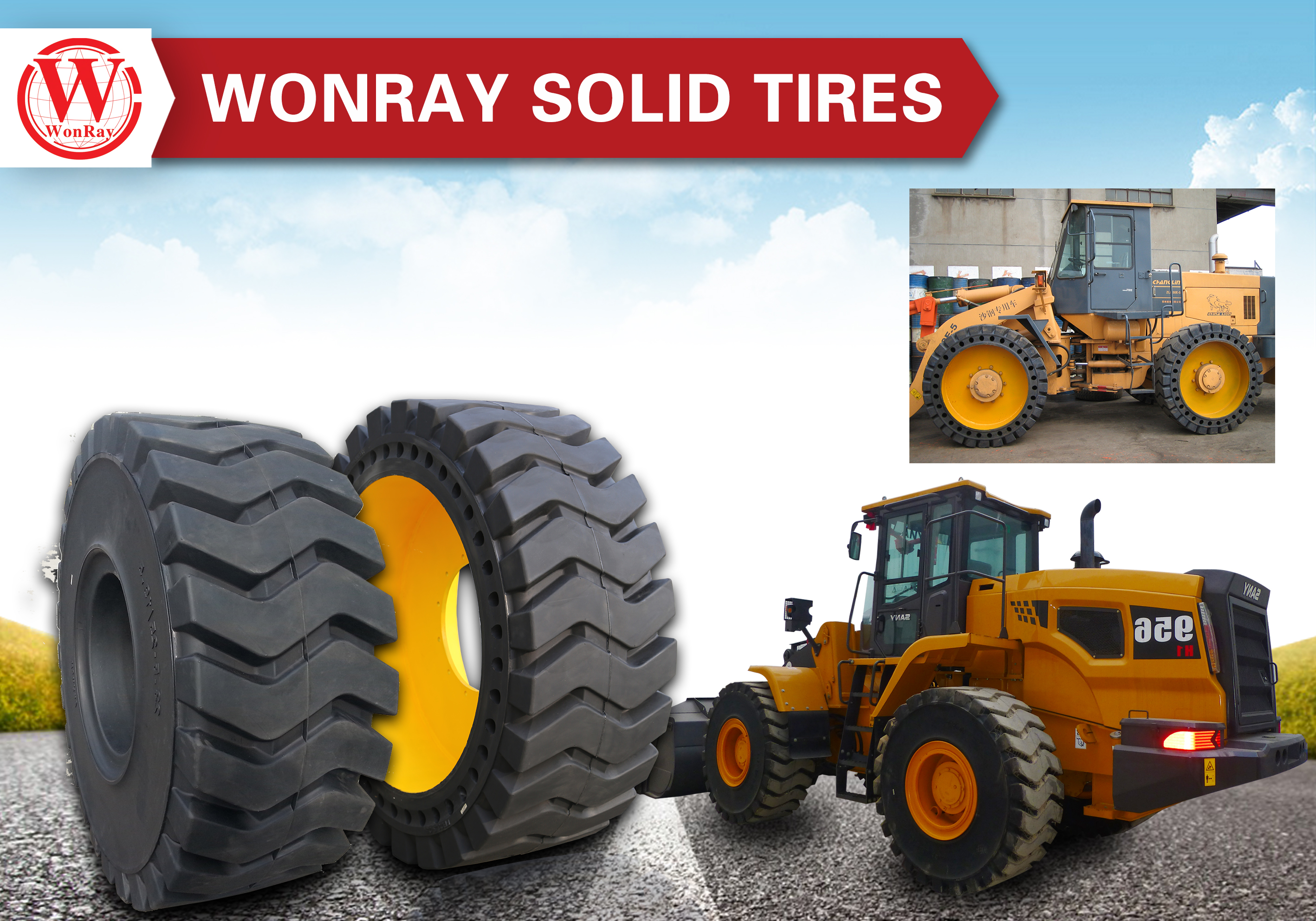For any business that relies on skid steers—whether in construction, landscaping, or agriculture—the performance of your equipment is directly linked to its profitability. While the engine and hydraulics get most of the attention, the unsung hero of your machine’s efficiency and safety is its tires. Choosing the right skid loader tires is not just about a simple replacement; it’s a strategic decision that impacts everything from traction and fuel efficiency to operator comfort and the lifespan of your machine.
Why Tire Choice Matters More Than You Think
The tires on your skid loader are the only point of contact between your machine and the ground. Their characteristics directly influence your daily operations. Here’s why investing in the right tires is a game-changer:
- Optimizing Traction: Different work surfaces require different tread patterns. The right tire ensures maximum grip, preventing slippage and allowing your machine to operate efficiently on mud, gravel, asphalt, or concrete.
- Preventing Downtime: A durable, puncture-resistant tire significantly reduces the risk of flats and blowouts, which can halt a job site and lead to costly delays and repairs.
- Improving Fuel Efficiency: Tires with a lower rolling resistance reduce the workload on your engine, leading to less fuel consumption and tangible savings over time.
- Enhancing Stability and Comfort: A stable tire provides better balance, especially when lifting heavy loads. This not only improves safety but also reduces operator fatigue, allowing for longer, more productive workdays.
Key Features to Consider When Choosing Skid Loader Tires
Selecting the ideal tire requires a careful assessment of your specific needs. Look for these key features to make an informed decision:
- Tread Pattern: The tread pattern is crucial. A deep lug tread is excellent for soft, muddy terrain, while a solid, block-style tread works best on hard surfaces like concrete. A hybrid or all-purpose tread offers versatility.
- Tire Construction: You have two main options:
- Pneumatic (Air-Filled) Tires: These offer better cushioning and are ideal for rough, uneven terrain, providing a smoother ride. They are generally more affordable but are susceptible to punctures.
- Solid or Semi-Pneumatic Tires: Designed for extreme durability and puncture resistance, these are perfect for job sites with a high risk of flats from nails, sharp metal, or rebar. The ride can be rougher, but the trade-off is zero downtime from flats.
- Ply Rating: The ply rating indicates the tire’s load-carrying capacity and durability. A higher ply rating means a stronger tire, capable of withstanding heavier loads and rougher conditions.
- Specialty Features: Consider tires with features like reinforced sidewalls, deeper rubber compounds, or unique lug designs that are specifically engineered for your operating environment.
The Right Tires for the Right Job
Matching your tires to the primary application is key.
- Construction: Solid or high-ply pneumatic tires with a deep lug tread are best for handling the sharp debris and rough, uneven ground of a typical construction site.
- Landscaping: An all-purpose or hybrid tread is a great choice, offering a balance of traction on grass and dirt without damaging delicate surfaces.
- Agriculture: Wide, deep lug tires provide superior flotation and traction on soft soil, preventing the machine from sinking or getting stuck.
In conclusion, the right skid loader tires are a foundational investment in your business’s operational success. They directly contribute to productivity, safety, and long-term cost savings. By understanding your specific needs and choosing tires with the right construction and tread pattern, you can unlock the full potential of your skid loader and ensure your projects run smoothly and efficiently.
FAQ
Q1: How do I know when it’s time to replace my skid loader tires? A: You should consider replacement when the tread depth is worn down significantly, when you notice cracks or dry rot, or when the tire has suffered irreparable damage like a large sidewall puncture.
Q2: Are solid tires worth the extra cost? A: For operations in harsh environments with a high risk of punctures (like demolition or scrap yards), the higher initial cost of solid tires is often outweighed by the significant savings from zero downtime and reduced repair costs.
Q3: Can I mix different tire types on my skid loader? A: It is generally not recommended to mix different types of tires (e.g., solid and pneumatic) as it can affect the machine’s stability, balance, and traction. Always use a matching set of tires for optimal performance.
Post time: 28-08-2025

